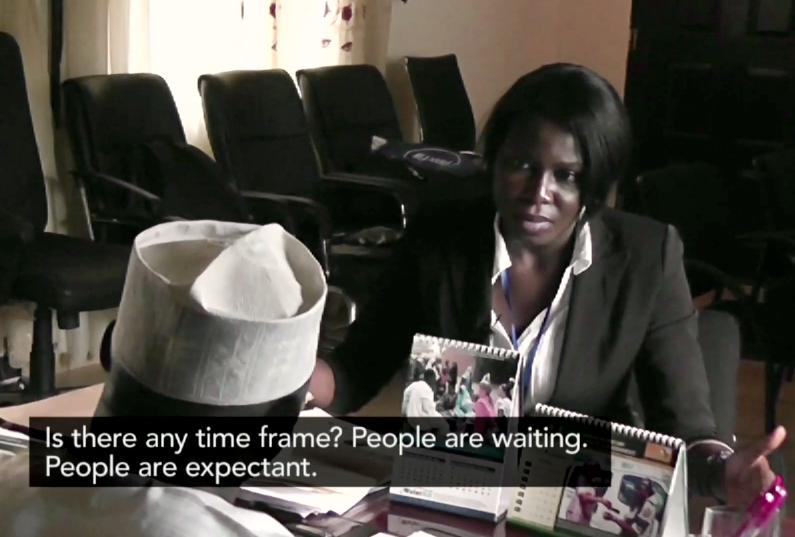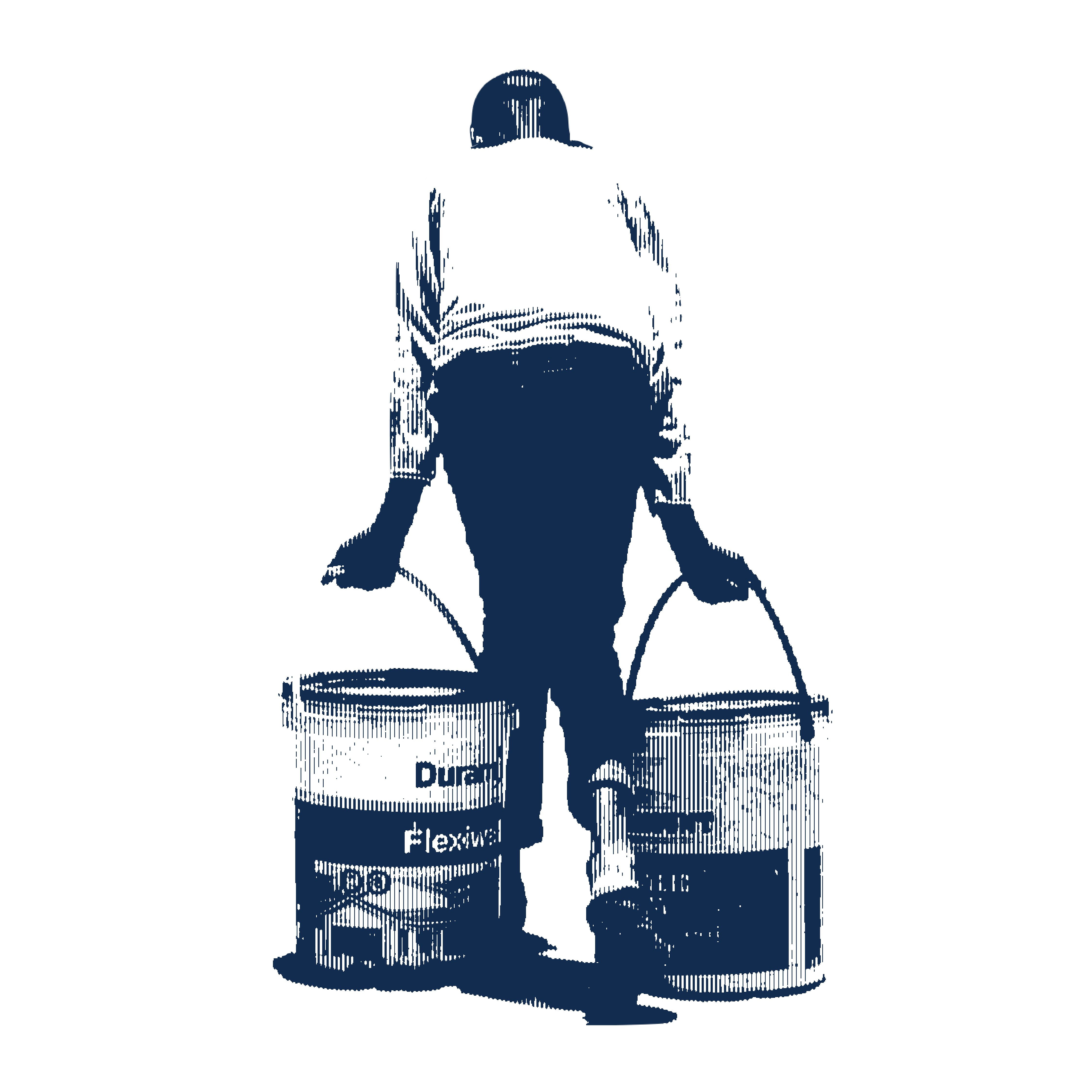
The subject of water and sanitation isn't at the forefront of Nigeria's policy debate. But it should be. "Every year, almost 200,000 kids under the age of five die from drinking unsafe water [and] many more fall terribly sick from water-related diseases like cholera, dysentery, and typhoid fever," Pulitzer Center grantee Ameto Akpe told a day-long conference at the Wilson Center in Washington. She talked about the intersection of water mismanagement and government opacity in Nigeria. The New Security Beat sums up her presentation in its two-part recap of the event.
The conference, "Nigeria Beyond the Headlines: Population, Health, Natural Resources, and Governance," was co-hosted by the Environmental Change and Security Program and the Africa Program at the Woodrow Wilson International Center for Scholars. Acknowledging Nigeria's leading role in Africa's economic and political future, the conference brought together experts from various disciplines to discuss some of the fundamental challenges facing Nigeria. In addition to water and sanitation, participants discussed a wide range of issues including population, health, unemployment and climate.
Akpe, a journalist for Nigeria's BusinessDay newspaper, participated in the Pulitzer Center's collaborative reporting project on water in West Africa. She examined some of the causes of Nigeria's chronic failure to provide its citizens with adaquate clean water in "Nigeria's Water and Sanitation Sector: Leaks and Plugs."


